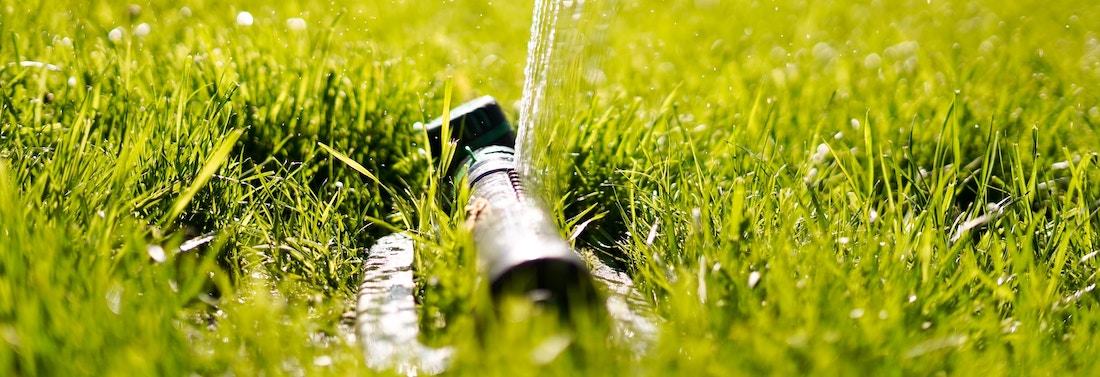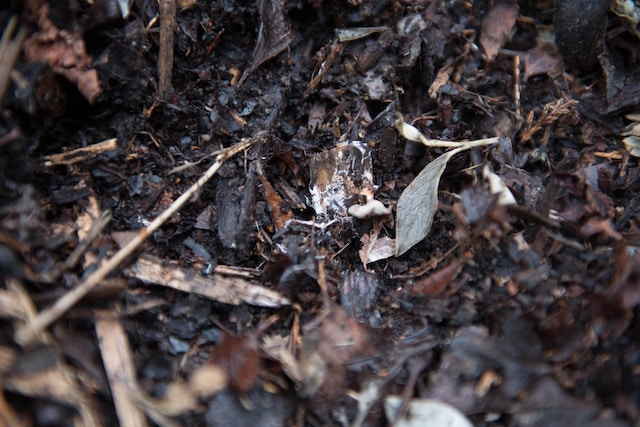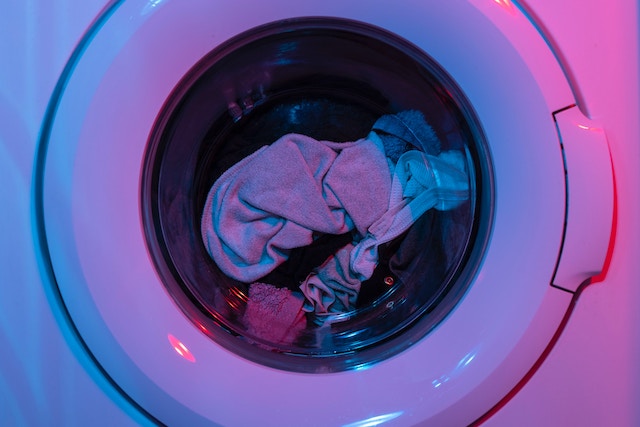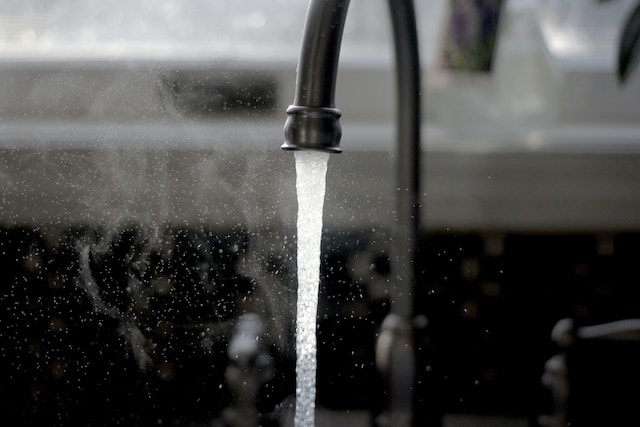Practical Ways to Conserve Water in Your Home
Freshwater is a finite resource, so it’s your moral obligation to conserve it whenever possible, especially at home. Use these 21 tips to start embracing a water-efficient lifestyle.
Turn Off the Tap
Mindless use of running water is wasteful. Leaving the faucet on for three minutes consumes 6 gallons of water daily or 2,190 gallons annually.
Use running water sparingly when washing your hands and face, brushing your teeth, cleaning foods and shaving. To avoid it altogether, you should:
- Soak pots and pans instead of rinsing them.
- Use a dishwasher.
- Store drinking water in the fridge.
- Thaw frozen goods overnight.
- Sweep your hardscapes — like sidewalks and driveways — rather than hosing them.
- Clean your vehicle with a bucket.
Scrape Food Off Your Plate
Putting food in the garbage before stacking the dishes in the dishwasher is good practice. It eliminates the need to pre rinse your plates and allows your machine to work efficiently and correctly.
Embrace Composting
Throwing kitchen scraps in a compost bin helps minimise your garbage disposal’s water use. Adding compost to your garden increases its organic matter content and enables its soil to hold 20,000 gallons per acre, boosting its moisture retention capacity.
Cook Vegetables Properly
Unless you’re cooking large chunks of root and tuber crops, steaming veggies instead of boiling them saves water and preserves their colour, taste and nutritional value.
Take Quick Showers
Showers are more water-efficient than baths. However, turning on your shower head for too long can offset this benefit. Showering uses a gallon of water per minute, so less bathroom time spent means more water conserved.
Throw Nothing in the Toilet
Treating a toilet as your garbage can results in needless flushing. You conserve 1.3 gallons every time you properly dispose of your personal care products and don’t use your commode as an ashtray.
Wash Clothes Less Frequently
The only clothing you should wash after wearing are undershirts, underpants, socks, leggings, tights, T-shirts, workout gear and bathing suits. You can rewear everything else three to four times to cut down your laundry-related water waste.
Run Full Loads
The average washing machine uses 20 gallons of water per load, so save 50% by running a whole load of laundry instead of two half loads. The same logic applies to dishes.
Reduce Washing Cycles
Run dishwashers and washing machines on the shortest cycling setting to minimise water use. Permanent press helps reduce ironing time but involves an extra rinse. Since you wash about 300 loads of laundry a year, think twice before using it.
Reuse Gray Water
You can reuse 39% of wastewater at home when you refrain from using products containing chlorine, ethanolamines, parabens, phosphates or phthalates.
An untreated or filtered system can channel grey water from your washer, tub, shower and sinks for irrigation. You’ll need a treated system instead to reuse it to flush and clean laundry.
Grow the Right Plants
Want to keep your lawn green without using too much water? Beautify it with native and drought-tolerant plants.
Run Sprinklers With Foresight
Be mindful of your irrigation practices to avoid driving up your water bill. Turning your sprinklers on in the morning to minimise evaporation and watering your lawn less during the coldest months are solid strategies.
Upgrade to Water-Efficient Equipment
Combining the following will help you conserve thousands of gallons per year:
- Dishwasher with water-efficient efficient jets, enhanced water filtration and soil sensors
- Low-flow toilets
- Front-loading washer
- Shower Heads that use less than 2 gallons per minute
- Smart irrigation controller
Add Mulch to Your Yard
Mulching your garden and lawn has many benefits, including increased plant moisture retention and reduced evaporation. Use compost to fertilise the soil and nourish your crops.
Collect Rain
Did you know you waste 30% of your drinking water in your yard? Collecting rainwater with a barrel will help you irrigate your lawn and garden.
If you live in a state that offers financial incentives for rainwater harvesting systems, like Texas, you’ll also enjoy tax exemptions.
Cover Your Pool
A full swimming pool under the sun’s heat will dry up due to evaporation. Buy a sturdy cover to shade your pool and protect your kids and pets.
Keep Your Vehicle Dust-Free
A clean car needs less washing. Investing in paint protection, dusting it off regularly, parking indoors or in a shaded area, and covering it will help keep it dirt-free.
Go to a Commercial Car Wash
Does your ride need some TLC? Take it to a local car wash to save on water at home.
Use a Waterless Car Wash Spray
Alternatively, use a waterless car wash product to clean it yourself without grabbing a bucket or a hose.
Set Routine Plumbing Inspections
Book a credentialed professional to check your home’s water and sewer fittings, drains, appliances, and pipes to catch issues with your supply and sewage lines early. Apart from a plumber, a landscaper can also inspect your irrigation system.
March is the best time to look for plumbing issues, but any other month may do as long as you do it regularly.
Watch Out for Water Leaks
Leakage can occur between inspections, so be on the lookout for red flags — like mould growth, ceiling discoloration, peeling wallpaper and blistering paint.
Lead a Water-Efficient Lifestyle
Conserving water at home forces you to rethink how you live. Such a lifestyle change can be challenging and expensive, but these practical tips show it’s doable and rewarding.
Author Bio: Evelyn Long is a writer and the editor-in-chief of Renovated. Her work focuses on green building and sustainability initiatives.





